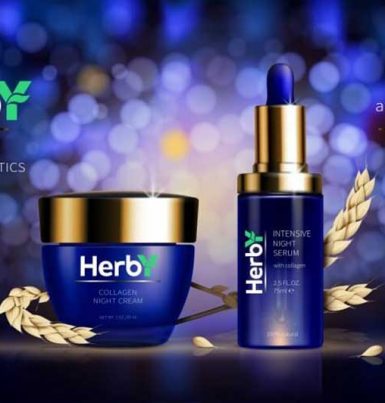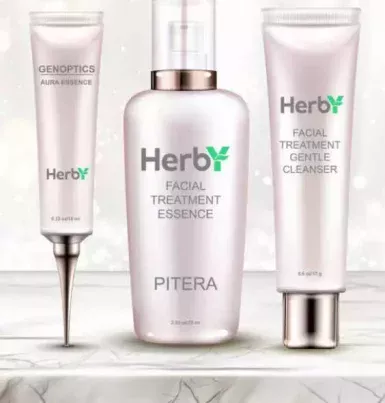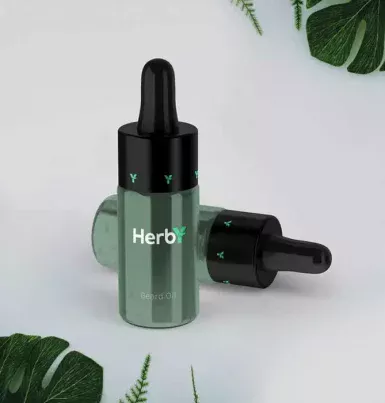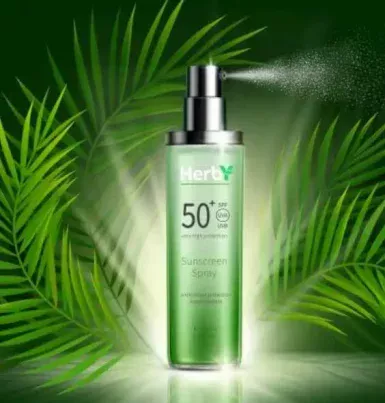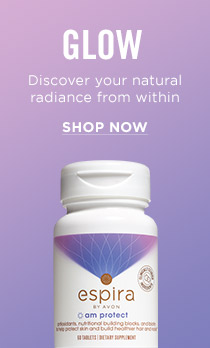Hey everyone! Dealing with hyperpigmentation can be a challenge—it’s all about those dark spots or patches that seem to stick around no matter what. But don’t worry, I’ve got some insights and tips to help you tackle hyperpigmentation head-on and achieve that even, radiant skin tone you’re after.
Understanding Hyperpigmentation
First up, let’s talk about what hyperpigmentation actually is. It occurs when excess melanin, the pigment that gives your skin color, forms deposits in the skin. This can happen for various reasons like sun exposure, inflammation, hormonal changes, or skin injuries. The most common forms include age spots, melasma, and post-inflammatory hyperpigmentation from acne or other skin injuries.
Sun Protection is Key
One of the easiest and most effective ways to combat hyperpigmentation is to protect your skin from the sun. UV rays can darken existing spots and trigger new ones. Make sure you’re using a broad-spectrum sunscreen with at least SPF 30 every day, even when it’s cloudy. Reapply every two hours if you’re spending the day outdoors. Hats and sunglasses? Yes, please!
Topical Treatments That Work
There are several ingredients in skincare products that can help lighten dark spots by either removing the top layer of skin (exfoliation) or by directly inhibiting melanin production:
- Vitamin C: An antioxidant that brightens skin tone and can reduce the appearance of spots.
- Hydroquinone: A powerful lightening agent that can reduce melanin production. It’s often used in prescription-strength treatments for hyperpigmentation.
- Retinoids: Help speed up cell turnover, fading dark spots over time.
- Alpha Hydroxy Acids (AHAs): Like glycolic acid, which exfoliate the surface of the skin to reveal new, less pigmented skin underneath.
- Niacinamide: Known for its anti-inflammatory properties, it can improve skin texture and fade dark spots.
Professional Treatments
If topical treatments aren’t cutting it, it might be time to consult with a dermatologist. Professional treatments like chemical peels, laser therapy, or microdermabrasion can be more effective at reducing hyperpigmentation. These procedures should always be performed by a qualified professional to avoid any potential skin damage.
Consistency and Patience
With hyperpigmentation, patience is truly a virtue. It can take several weeks or even months of consistent use of skin care products or treatments to see noticeable improvements. Keep at it, and make sure you’re following your regimen daily.
Natural Remedies
For those who prefer a more natural approach, ingredients like aloe vera, turmeric, and green tea have properties that can help lighten hyperpigmentation. These can be used in DIY masks or found in natural skincare products.
Diet Matters
Your diet can also play a role in managing hyperpigmentation. Foods rich in antioxidants can help protect the skin from damage that leads to pigmentation. Consider incorporating more berries, nuts, spinach, and carrots into your meals.
Stay Hydrated
And of course, keeping your skin hydrated is crucial. Drink plenty of water throughout the day to help your skin stay healthy and able to repair itself effectively.
Dealing with hyperpigmentation can feel like a long journey, but with the right tools and a bit of persistence, you can see great results. Protecting your skin from the sun, choosing the right skincare products, and perhaps seeking professional help when necessary are all steps in the right direction towards achieving the clear, even-toned complexion you desire. Hang in there—clearer skin is on the horizon!
